Will Porsche enter Formula 1 mid-decade, when the new engine regulations are finalised? Its parent Volkswagen Group stands on the precipice and has been openly engaged in talks, but it has yet to confirm one of its brands – most likely Porsche or Audi – will take the plunge into grand prix racing. But there’s a sense that ‘yes’ is more likely than ‘no’ right now for one of them.
Specifically for Porsche, there are other questions: if Wolfsburg chooses to push the big button, would it enter as a powertrain partner with Red Bull Racing? That would make more sense than starting from scratch, at least from a competitive point of view – although what’s the true value if the car isn’t painted in Porsche colours? Then again, should Porsche bother with F1 at all? No other form of racing comes anywhere close in terms of global appeal – certainly not Formula E or the World Endurance Championship (WEC). But in the face of real-world challenges, should a high-profile F1 campaign really be a priority, even with synthetic e-fuels and sensible budget caps?
Sure, Dan Gurney won the 1962 French Grand Prix in a little silver Porsche, and Niki Lauda and Alain Prost scored a hat-trick of F1 titles in the mid-1980s driving McLarens with Weissach’s turbo V6 engines (albeit bearing TAG badges). But is Porsche really an F1 company? It fits at Le Mans – of course it does. But it has never really been at home in F1. Perhaps it’s time for that to change.
So many questions, so many possibilities. It’s a good time, then, to speak to Porsche Motorsport’s new boss, Thomas Laudenbach.
F1 call must be made soon
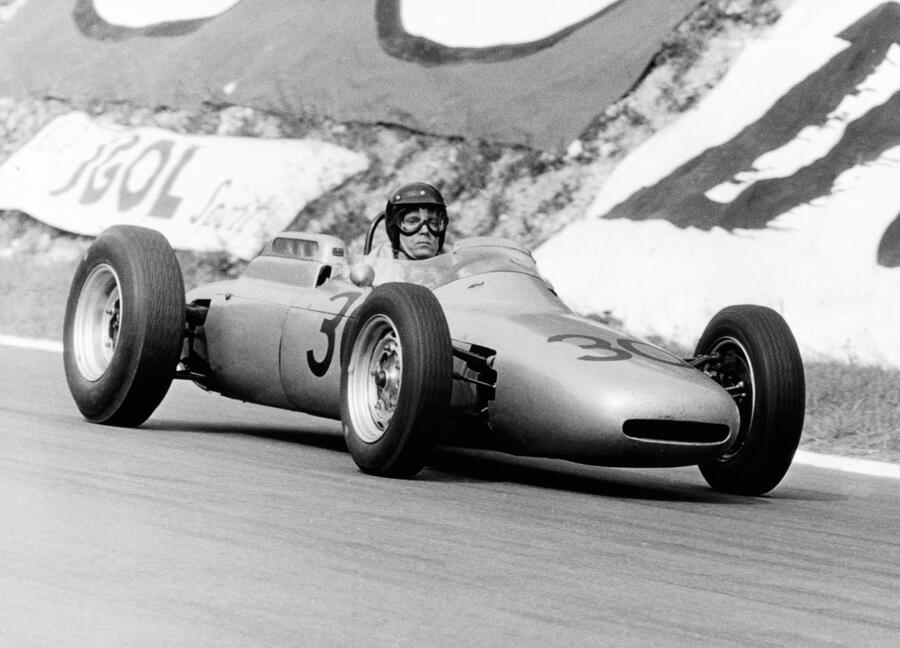
“I can’t answer this question,” Laudenbach says when we ask whether Porsche will be entering F1. Not a great start. But he proves an affable sports boss and soon expands on that closed answer: “It’s not a secret that we’re thinking about it. We’re seriously considering it, but there’s no decision yet.
“I can’t say when we will have a decision, but we can’t wait too long if we want to race in 2025 or 2026.”

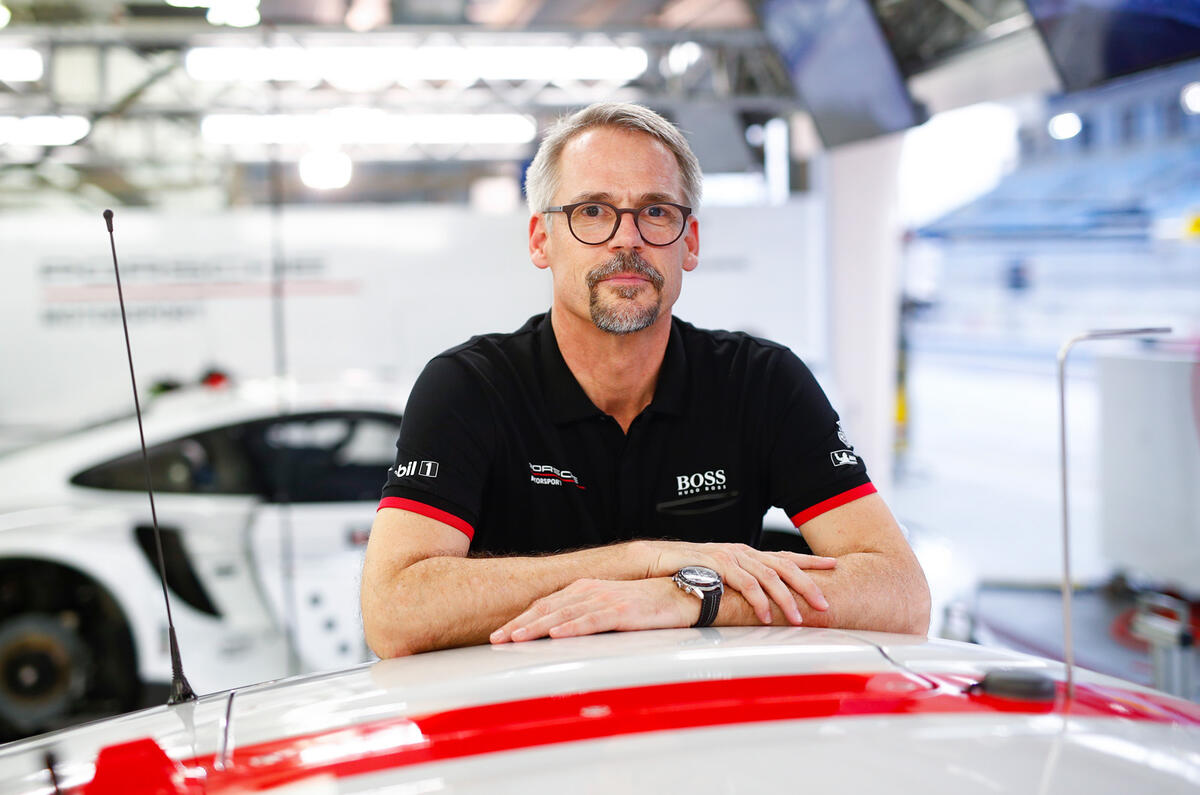
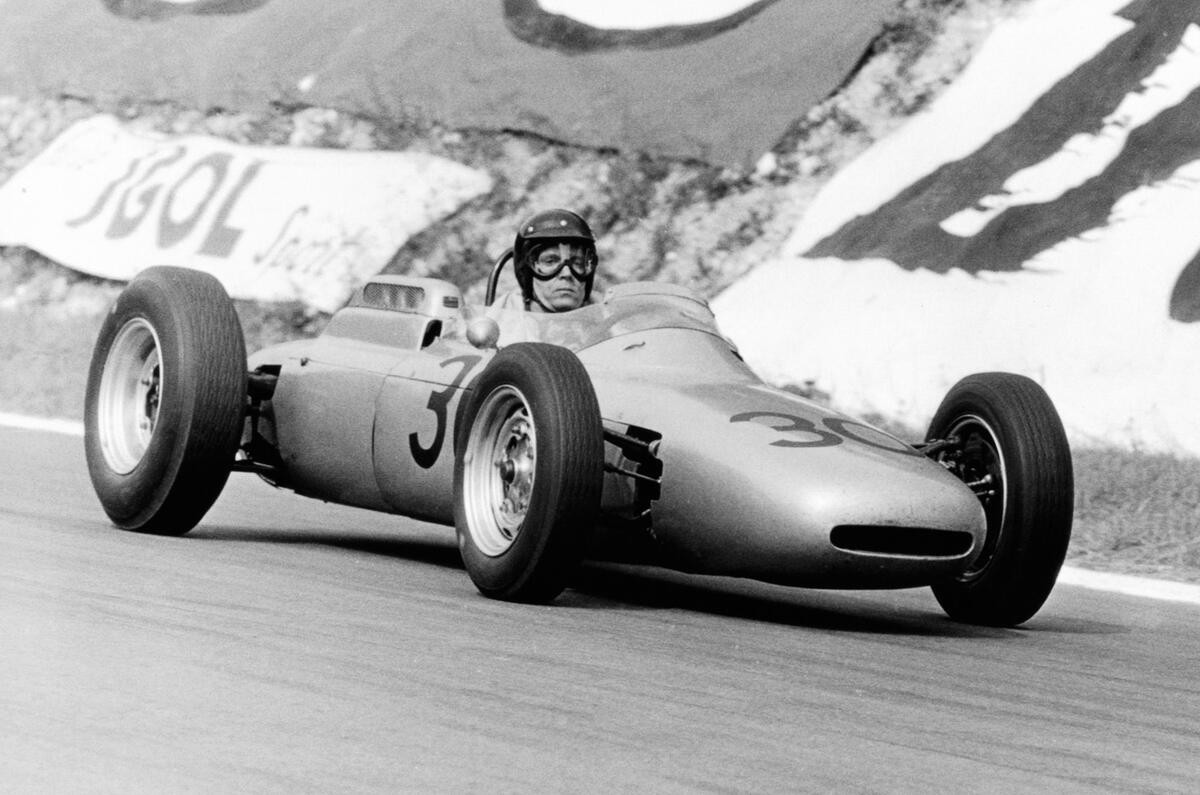
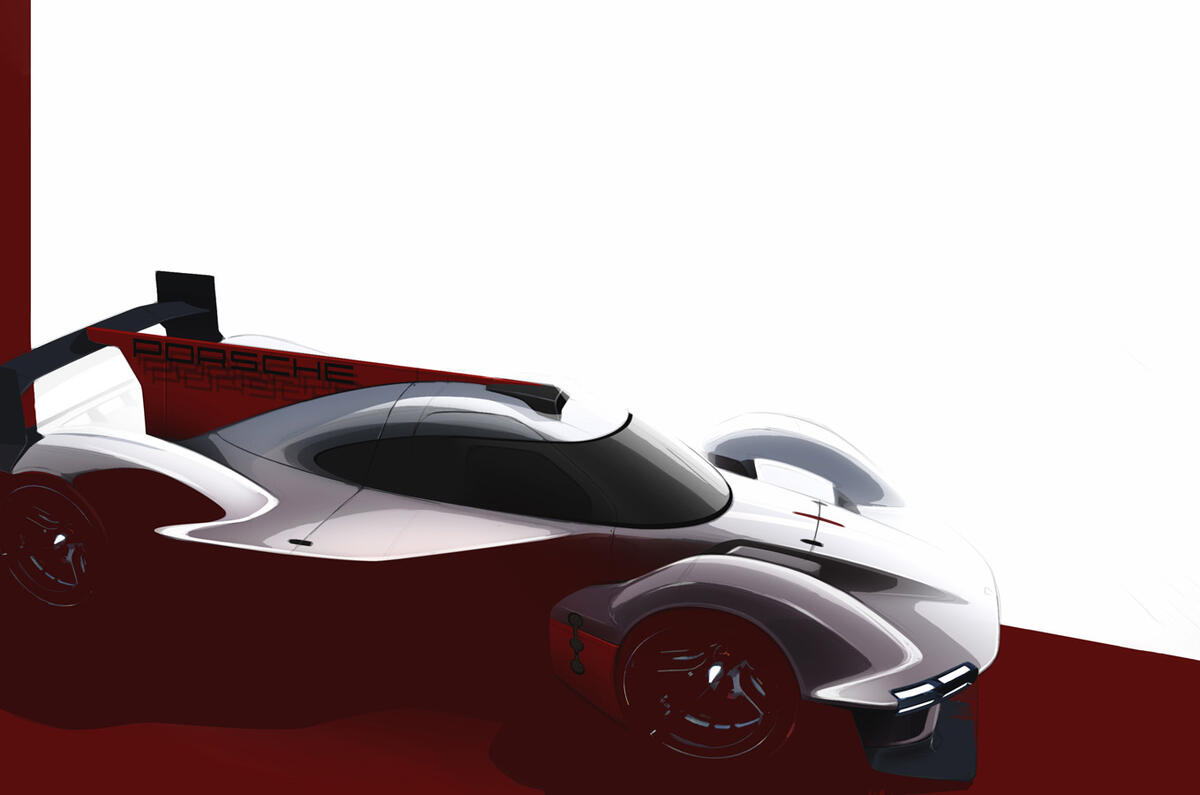




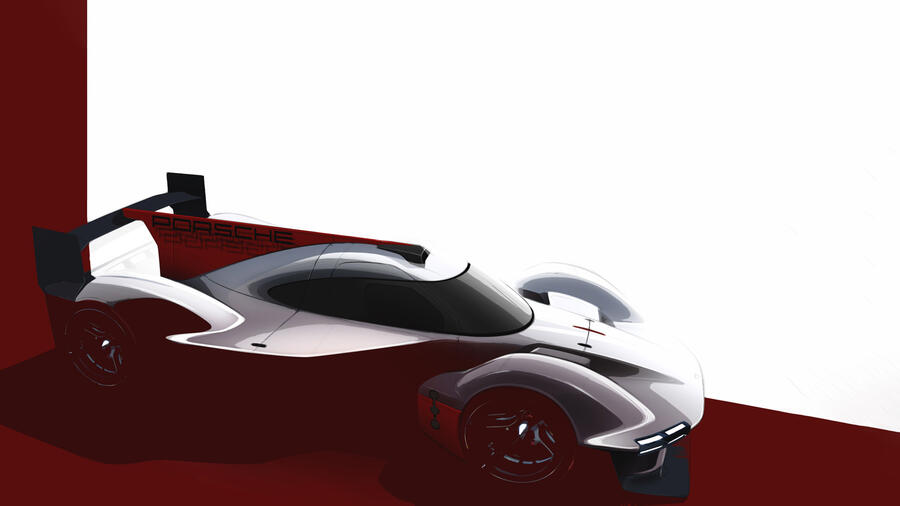

Join the debate
Add your comment
The lack of competition in Formula 1 and the processional character of the races have been a problem for years. But a bigger problem looms with the reluctance to move away from internal combustion. F1 is a great big polluting fossilised dinosaur. And it's on borrowed time. If it doesn't adapt, it will die, but how do they get the timing right?